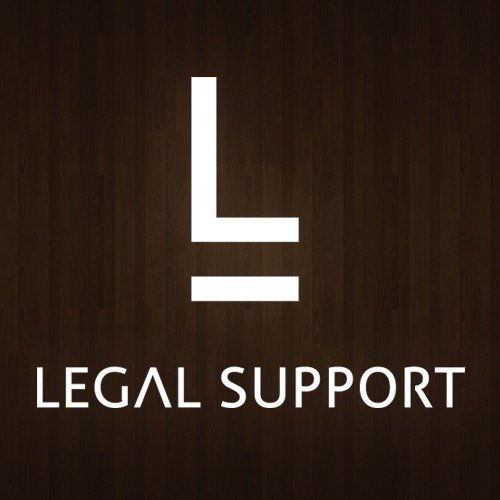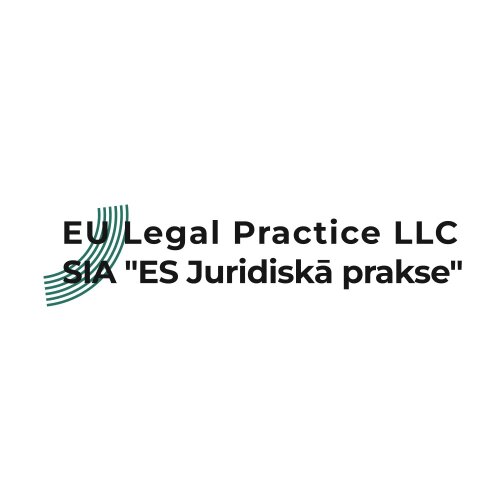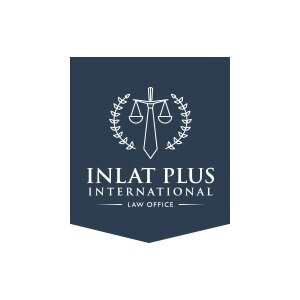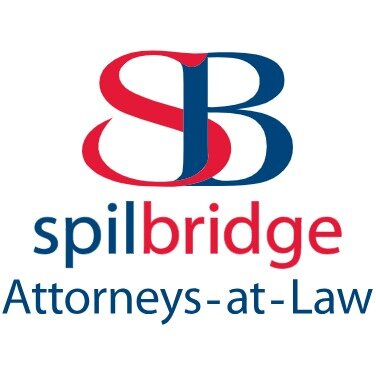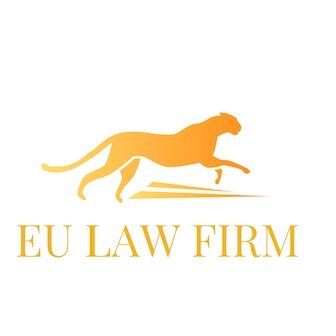Best Corporate Governance Lawyers in Latvia
Share your needs with us, get contacted by law firms.
Free. Takes 2 min.
Or refine your search by selecting a city:
List of the best lawyers in Latvia
About Corporate Governance Law in Latvia
Corporate governance in Latvia refers to the framework of rules, practices, and processes by which companies are directed and controlled. It involves balancing the interests of a company's stakeholders, including shareholders, management, customers, suppliers, financiers, government, and the community. Latvia’s corporate governance laws are influenced by both national legislation and European Union directives, aiming to ensure transparency, accountability, and ethical business practices in companies of all sizes. Key institutions such as the Register of Enterprises and the Financial and Capital Market Commission oversee and regulate corporate conduct to promote stable business practices and protect stakeholder interests.
Why You May Need a Lawyer
There are many situations where seeking legal advice on corporate governance becomes necessary in Latvia. Common scenarios include:
- Establishing a new company and needing guidance on compliance and governance structures
- Drafting or reviewing corporate documents such as articles of association, shareholder agreements, or board resolutions
- Responding to queries or investigations by regulatory bodies, such as when compliance issues arise
- Handling disputes among shareholders, board members, or with third parties
- Implementing company policies or codes of conduct in line with best practices
- Assisting with mergers, acquisitions, restructurings, or liquidations
- Ensuring proper reporting and disclosure requirements are met
- Advising on directors’ duties and liabilities
- Managing conflicts of interest or potential breaches of confidentiality
- Dealing with issues related to minority shareholder rights or protection
A lawyer can help you navigate complex legal requirements, prevent potential breaches, and protect your business interests.
Local Laws Overview
Corporate governance in Latvia is mainly governed by the Commercial Law (Komerclikums), which outlines the legal requirements for forming and managing companies. Here are key aspects relevant to corporate governance:
- Company Types: The most common forms are limited liability companies (SIA) and joint-stock companies (AS), each with specific governance structures and obligations.
- Management Structure: Companies are generally managed by a management board (valde), with larger companies also requiring a supervisory board (padome).
- Director Duties: Board members must act in the best interests of the company, avoiding conflicts of interest, and can be held liable for breaches of duty or company losses resulting from their actions or negligence.
- Shareholder Rights: Shareholders have rights to participate in decision-making, receive information, call meetings, and, in some cases, veto certain decisions.
- Disclosure and Transparency: Companies must maintain accurate records, prepare annual reports, and, in some cases, commission audits depending on size and activity.
- Regulatory Oversight: The Register of Enterprises manages company registrations and maintains public records. The Financial and Capital Market Commission regulates public companies and financial sector entities.
- Compliance: There are legal requirements for anti-money laundering, prevention of corruption, and compliance with EU regulations such as GDPR.
Understanding and complying with these laws is essential for good corporate governance in Latvia.
Frequently Asked Questions
What is the role of the management board in a Latvian company?
The management board is responsible for day-to-day operations, representing the company, and ensuring compliance with legal requirements. Members are expected to act prudently and in the company's best interests.
What is the difference between an SIA and an AS?
An SIA (limited liability company) is usually suited for smaller businesses and requires a more straightforward governance structure. An AS (joint-stock company) is often used for larger businesses and has stricter regulatory, reporting, and management requirements, including the need for a supervisory board.
Can foreigners serve as directors or shareholders in Latvian companies?
Yes, Latvian law allows foreigners to serve as directors or shareholders without restrictions, though some positions may require proof of residency or work permits, depending on circumstances.
What are the responsibilities of the supervisory board?
The supervisory board oversees the management board, approves major company decisions, and ensures that management acts in line with shareholder interests. This board is mandatory for joint-stock companies but optional for limited liability companies.
How are conflicts of interest handled in Latvian corporate governance?
Directors and board members are legally required to disclose conflicts of interest and, in some cases, refrain from participating in decisions where a conflict exists. Failure to do so can result in personal liability.
Are annual audits mandatory for all companies?
Not all companies are required to have annual audits. Audits are obligatory for joint-stock companies and certain limited liability companies that exceed thresholds relating to turnover, staff, or assets.
What must be included in company annual reports?
Annual reports in Latvia should include financial statements, a management report, and, if applicable, an auditor’s opinion. For public or larger companies, more detailed disclosures may apply.
How can minority shareholders protect their interests?
Latvian law provides several protections, such as the ability to call shareholder meetings, submit questions, demand information, and, in some cases, challenge board decisions in court.
What are the consequences of non-compliance with corporate governance rules?
Non-compliance can result in administrative fines, actions by the Register of Enterprises, court proceedings, or, in severe cases, dissolution of the company and personal liability for directors.
Where are company registrations and records kept?
All company registrations, amendments, and many official records are kept by the Register of Enterprises of Latvia. Some information, such as annual reports and company statutes, is publicly accessible.
Additional Resources
For those seeking information or assistance on corporate governance in Latvia, the following resources may be helpful:
- Register of Enterprises of the Republic of Latvia (Uzņēmumu reģistrs): Manages company registration and public records.
- Financial and Capital Market Commission (Finanšu un kapitāla tirgus komisija): Regulates the financial sector and public companies.
- Latvian Chamber of Commerce and Industry (Latvijas Tirdzniecības un rūpniecības kamera): Provides business support and advice on governance issues.
- State Revenue Service (Valsts ieņēmumu dienests): Offers guidance on tax compliance and financial reporting.
- Latvian Bar Association (Latvijas Zvērinātu advokātu kolēģija): Facilitates access to qualified business lawyers.
These organizations can provide information, sample documents, and contacts for further assistance.
Next Steps
If you need legal assistance with corporate governance in Latvia, you should:
- Assess your specific needs or concerns regarding company structure, compliance, or disputes
- Gather relevant company documents and information ahead of your consultation
- Contact a law firm or a qualified lawyer experienced in Latvian corporate law and corporate governance
- Discuss your situation, objectives, and any challenges you are facing
- Consider ongoing legal support for complex or high-risk business activities to ensure continued compliance
Professional legal advice is essential to ensure your company operates within the law and follows best practices in corporate governance. Taking the right steps early can help mitigate risks and strengthen your company’s long-term prospects in Latvia.
Lawzana helps you find the best lawyers and law firms in Latvia through a curated and pre-screened list of qualified legal professionals. Our platform offers rankings and detailed profiles of attorneys and law firms, allowing you to compare based on practice areas, including Corporate Governance, experience, and client feedback.
Each profile includes a description of the firm's areas of practice, client reviews, team members and partners, year of establishment, spoken languages, office locations, contact information, social media presence, and any published articles or resources. Most firms on our platform speak English and are experienced in both local and international legal matters.
Get a quote from top-rated law firms in Latvia — quickly, securely, and without unnecessary hassle.
Disclaimer:
The information provided on this page is for general informational purposes only and does not constitute legal advice. While we strive to ensure the accuracy and relevance of the content, legal information may change over time, and interpretations of the law can vary. You should always consult with a qualified legal professional for advice specific to your situation.
We disclaim all liability for actions taken or not taken based on the content of this page. If you believe any information is incorrect or outdated, please contact us, and we will review and update it where appropriate.
Browse corporate governance law firms by city in Latvia
Refine your search by selecting a city.



